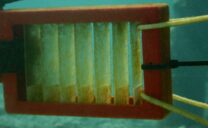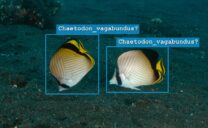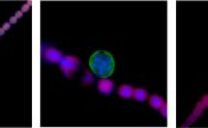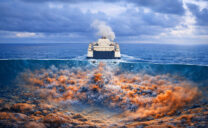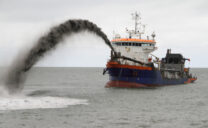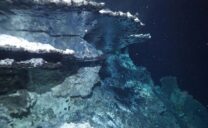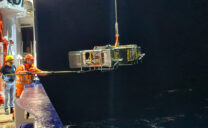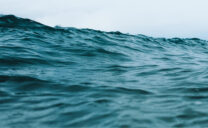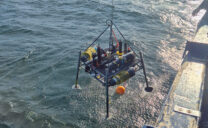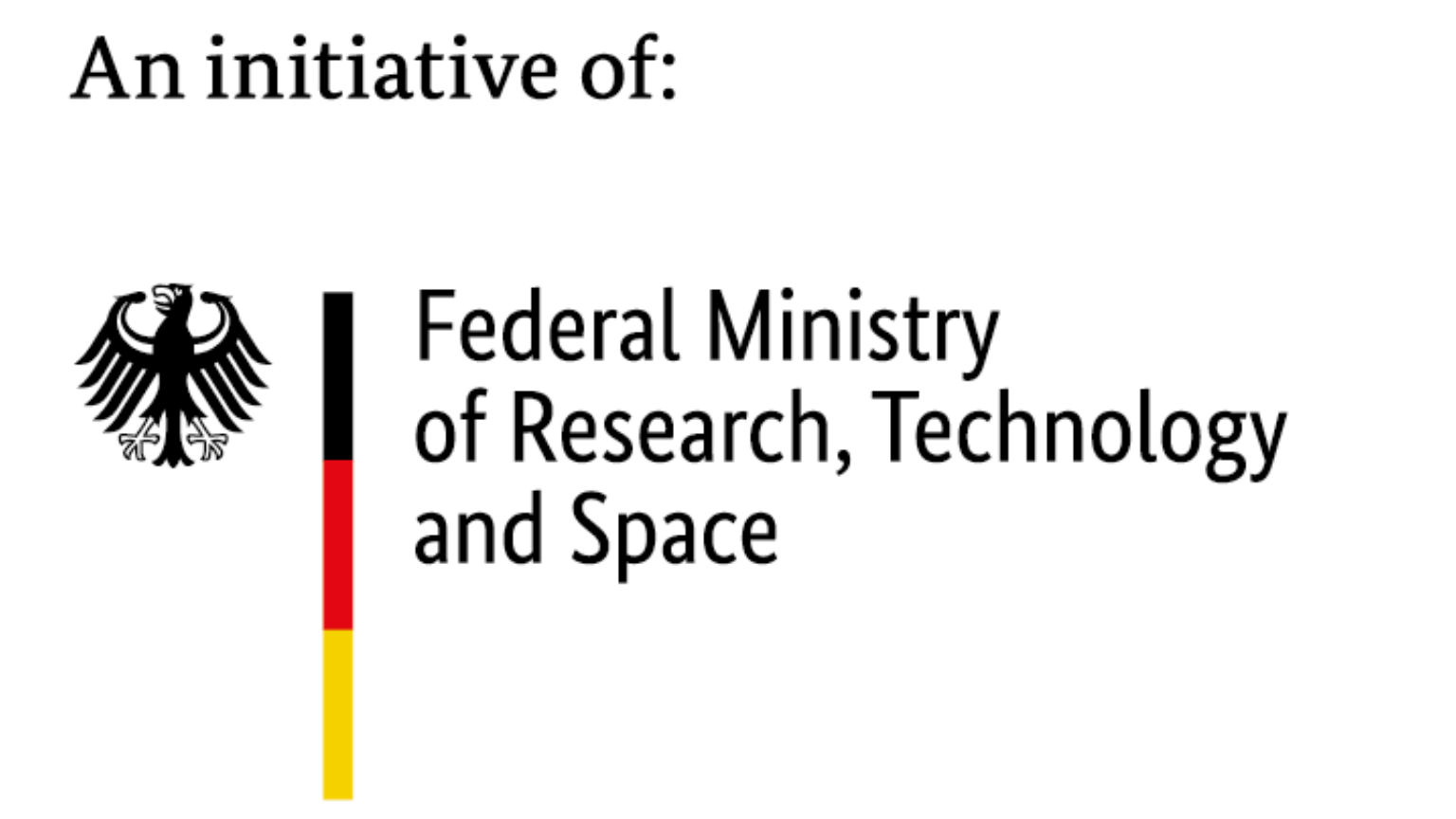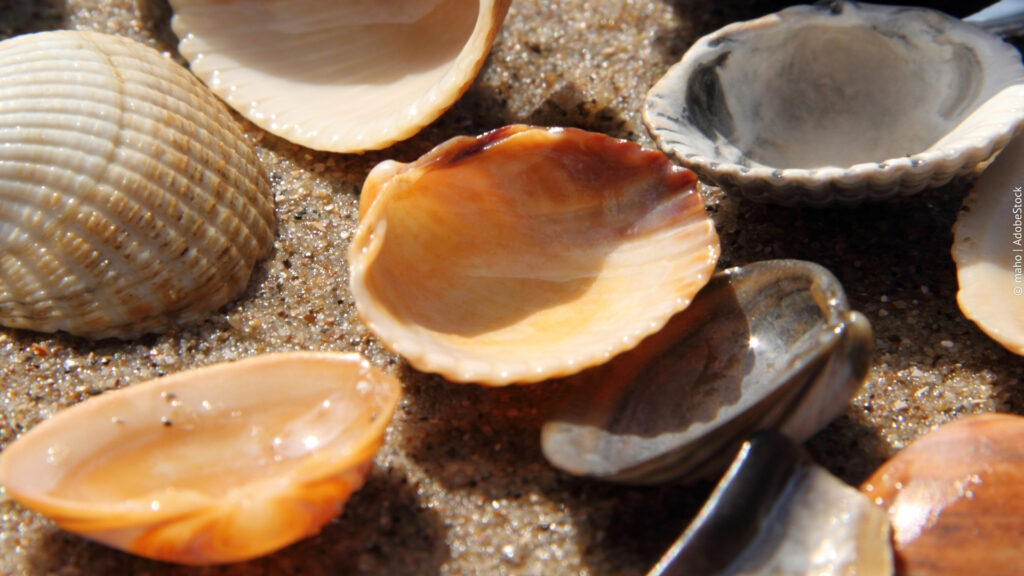
Topics
Knowledge for the sustainable use of coasts, seas and oceans
Oceans are essential for survival: for millions of species whose habitat they are, as well as for us humans. Connected by currents, the ocean forms the largest interconnected ecosystem in the world. In addition to its climate-regulating function, it is the basis of life for a growing world population and provides food, resources, transportation routes and jobs. In order to preserve the oceans as the basis of our lives, we need knowledge about the interaction between humans and the marine environment, the role of the oceans in climate change and the responsible use of the ocean. Developing this knowledge is the task of German marine research institutions.
The DAM pools the diverse topics of its members from marine research and makes them visible to the outside world. The aim is to provide solution-oriented knowledge as a basis for decisions in politics, business and civil society and thus to promote the sustainable management of coasts, seas and oceans. As diverse as the research projects and topics of marine research are, they can be summarized in the following categories:
Latest news by topic
Details on research topics and focal points as well as contact persons of the DAM member institutions can be found in our member overview.
Newsletter
Always up to date with the DAM newsletter. (German only)
